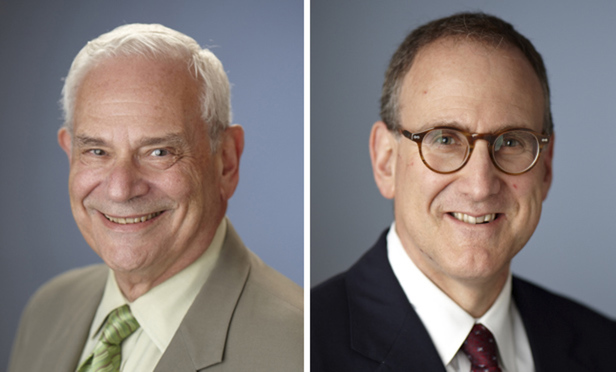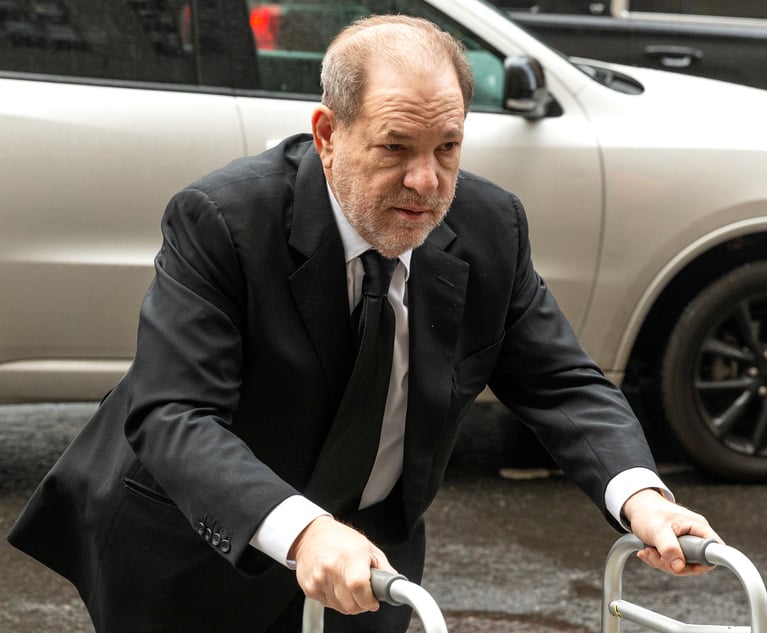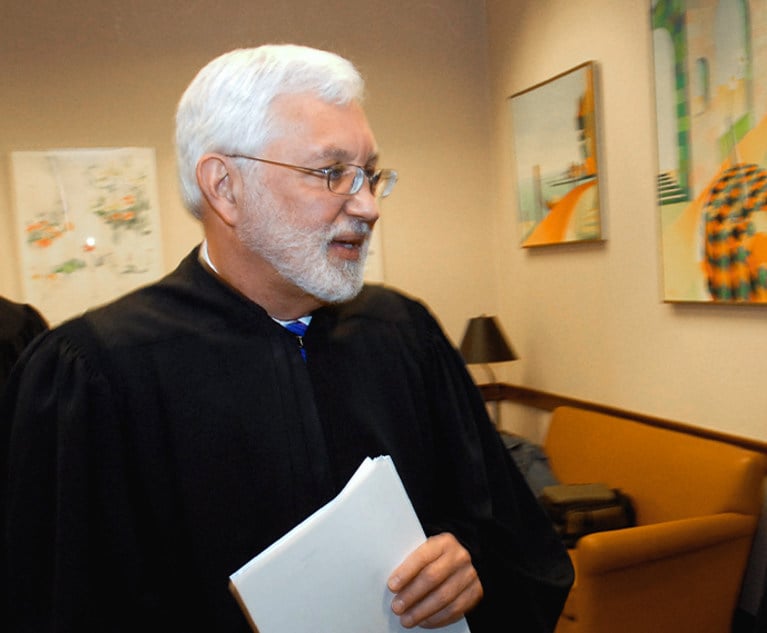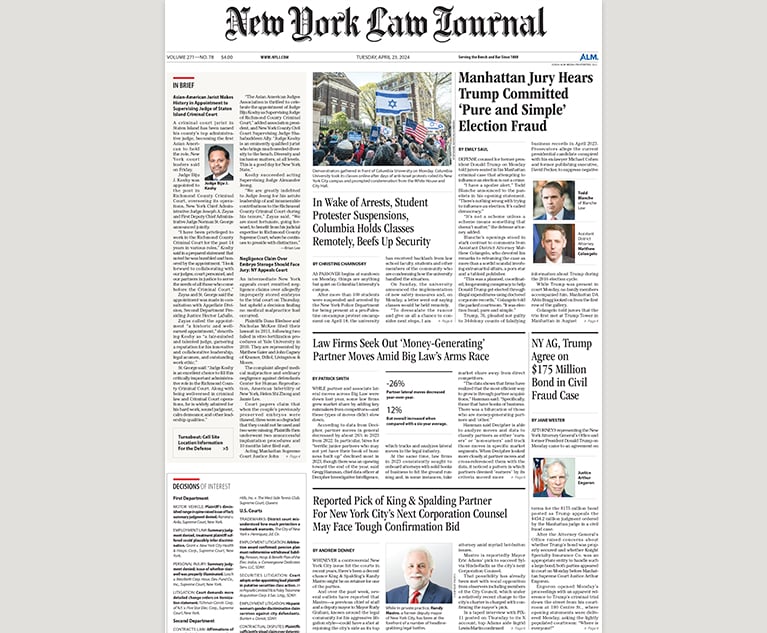In recent years, prosecutions of public corruption have often centered on whether a government official committed an “official act.” The importance of that question derives from the Supreme Court’s decision in McDonnell v. United States, 136 S. Ct. 2355 (2016), in which the Supreme Court held that commission of an “official act” is required to sustain a conviction for honest services fraud and Hobbs Act violations. The Second Circuit has addressed the issue in several high-profile prosecutions of state officials. See, e.g., United States v. Silver, 948 F.3d 538 (2d Cir. 2020).
The holding in McDonnell has led to the question of whether “official act” is an element of other crimes involving public and private corruption. The Second Circuit has thus far said no, holding that an “official act” need not be an element of bribery involving federal funds in violation of 18 U.S.C. §666, and foreign corrupt practices under the Foreign Corrupt Practices Act (FCPA), 15 U.S.C. §78dd-1 et seq. United States v. Ng Lap Seng, 934 F.3d 110 (2d Cir. 2019); see Elkan Abramowitz and Jonathan Sack, Limiting the Reach of the Supreme Court’s ‘McDonnell’ Decision, N.Y.L.J. (Oct. 1, 2019).


 Elkan Abramowitz and Jonathan Sack
Elkan Abramowitz and Jonathan Sack




